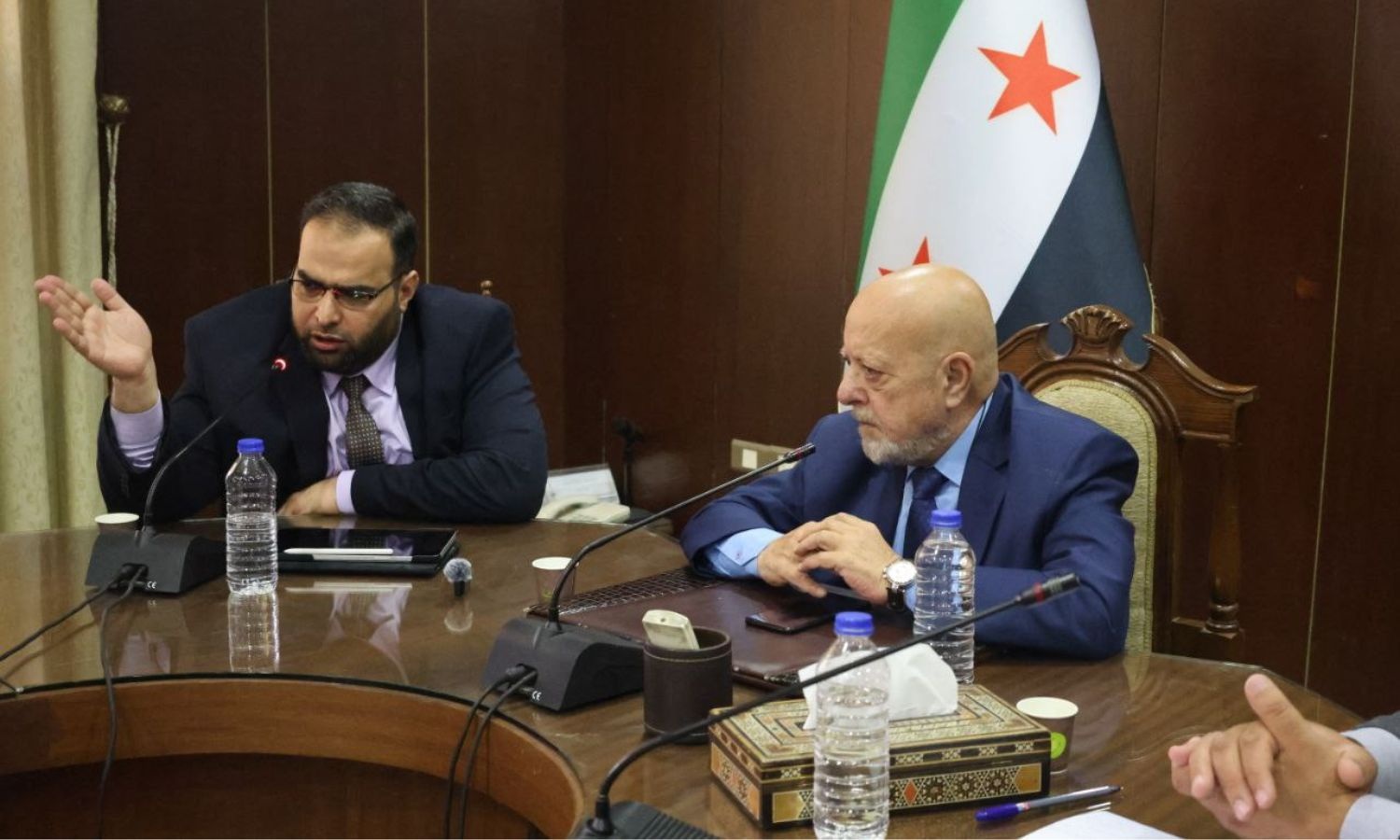Government data published in the official gazette shows that 97 new companies were registered in Syria within a span of approximately two months following the fall of the previous regime.
According to a statistical analysis published by Karam Shaar Consulting Company, no new companies were registered in Syria between December 8, 2024, and February 2 of this year, for unclear reasons, although they relate to the widespread disturbances witnessed by State institutions during that period following the overthrow of the Assad regime.
The registration of companies resumed in February, with 50 companies established during that month, and 47 other companies registered between the first and 26th of March.
The numbers show a slight increase in the number of registered companies compared to previous years, as only 88 companies were registered during the same period (February and March) of 2024.
According to the site’s analysis of newly registered companies in Syria, trade and import/export companies dominate the scene, with about 80% listing import and export as part of their business activities, while sectors such as cleaning, manufacturing, construction, and information technology are represented to a much lesser extent.
The near-total absence of industrial and agricultural companies indicates that the new Syrian economy is currently driven by low-capital, fast-turnover commercial projects instead of large-scale domestic production.
Most registered companies have a minimum legal capital of 50 million Syrian pounds (about five thousand USD), with only four companies exceeding this limit. However, the declared capital often reflects legal requirements rather than actual resources, meaning some companies could be better financed than their filings suggest.
55 companies in Damascus
Geographically, Damascus and its surrounding countryside remain a major hub for business registrations, with 55 of the 97 companies located in Damascus, 21 in Rural Damascus, 9 in Aleppo, 7 in Daraa, 3 in Homs, and one each in Latakia and Idlib.
This distribution largely reflects trends from 2024, when Damascus and Rural Damascus accounted for 83.1% of all new registrations. However, notable shifts are observed, as Tartus and Latakia (home to 6.4% of new companies in 2024) are now absent, while Daraa, which recorded only one company last year, registered seven companies in two months.
While it is too early to draw definitive conclusions, the decline may reflect that security conditions in Tartus and Latakia, previously among the safest areas before December 8, 2024, are no longer conducive to business registration.
Preliminary data indicate that most newly established companies are owned by Syrian nationals, likely reflecting a mix of several factors that include unclear property rights, the impact of ongoing international sanctions on capital flows across borders, the collapse of the banking sector, inflation, and the general turbulence experienced in the post-Assad period—conditions that are unfavorable for foreign investors.
90% for Syrians
Since December 8, 2024, about 90% of newly registered companies are wholly owned by Syrians, while around 10% have at least one foreign shareholder. Notably, six companies are fully owned by foreigners, albeit as legal Syrian entities.
In comparison, foreign ownership was significantly higher in the pre-conflict period. In 2010, about 18% of companies were foreign-owned, whereas foreign ownership was less than 1% of companies in 2024.
While foreign participation remains limited, this indicates a limited reopening for foreign companies following the fall of Bashar al-Assad.
Although foreign participation is still limited, it is on the rise; among the 220 shareholders in 97 companies, there are 22 foreign nationals, with the most common investors being Canadians and Jordanians (five each), followed by Emiratis and Turks (three each).
In contrast, only 16 foreign nationals participated in establishing companies during the same period last year, including three Iranians and two Chinese nationals.
This shift indicates a broader reshaping of influence in Syria, with Turkish actors returning to the Syrian scene after the fall of Assad, especially in areas formerly controlled by the regime.
In addition to the 97 registered Syrian companies, one foreign company was established, “Ajel International Trading,” which is Turkish.
According to a review of data provided by the official gazette, only 28 foreign companies were registered in Syria between 2020 and 2024, including ten Russian companies and three each from Iran and the UAE.
This sharply contrasts with the pre-revolution period (2006-2010), when 133 foreign companies were established.
Although foreign participation is essential for the country’s recovery, early indicators are promising but still insufficient to make a significant impact on economic activity, as stated in the report.
97 new companies launched in two months, 90% under Syrian leadership Enab Baladi.
Read More Details
Finally We wish PressBee provided you with enough information of ( 97 new companies launched in two months, 90% under Syrian leadership )
Also on site :
- The Diet That Helped a ’90s Pop Star Reclaim His Life
- Hollywood Hunk, 27, Is Unrecognizable After Dramatic Transformation
- Aid ship aiming to break Israel’s siege of Gaza sets sail from Italy

